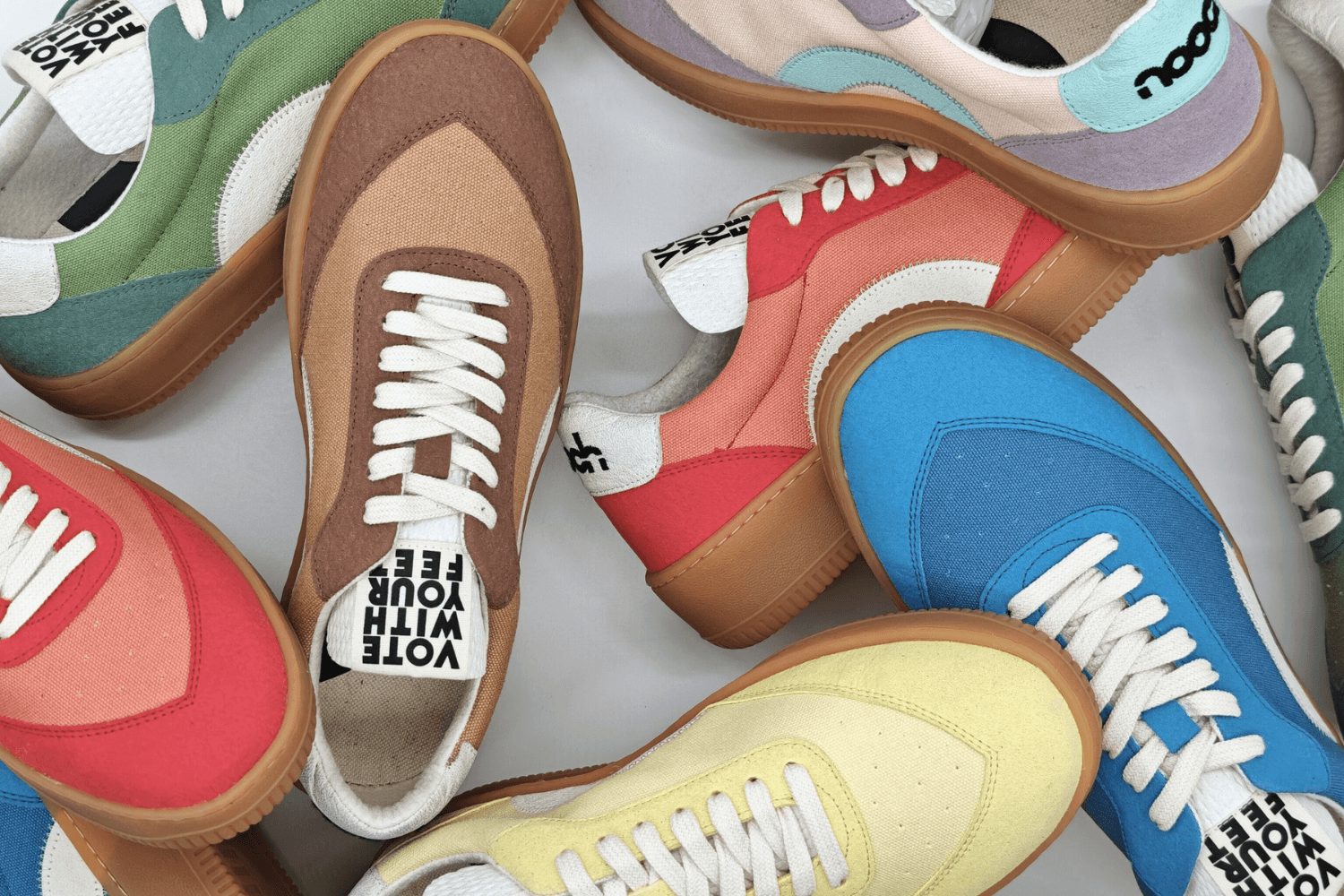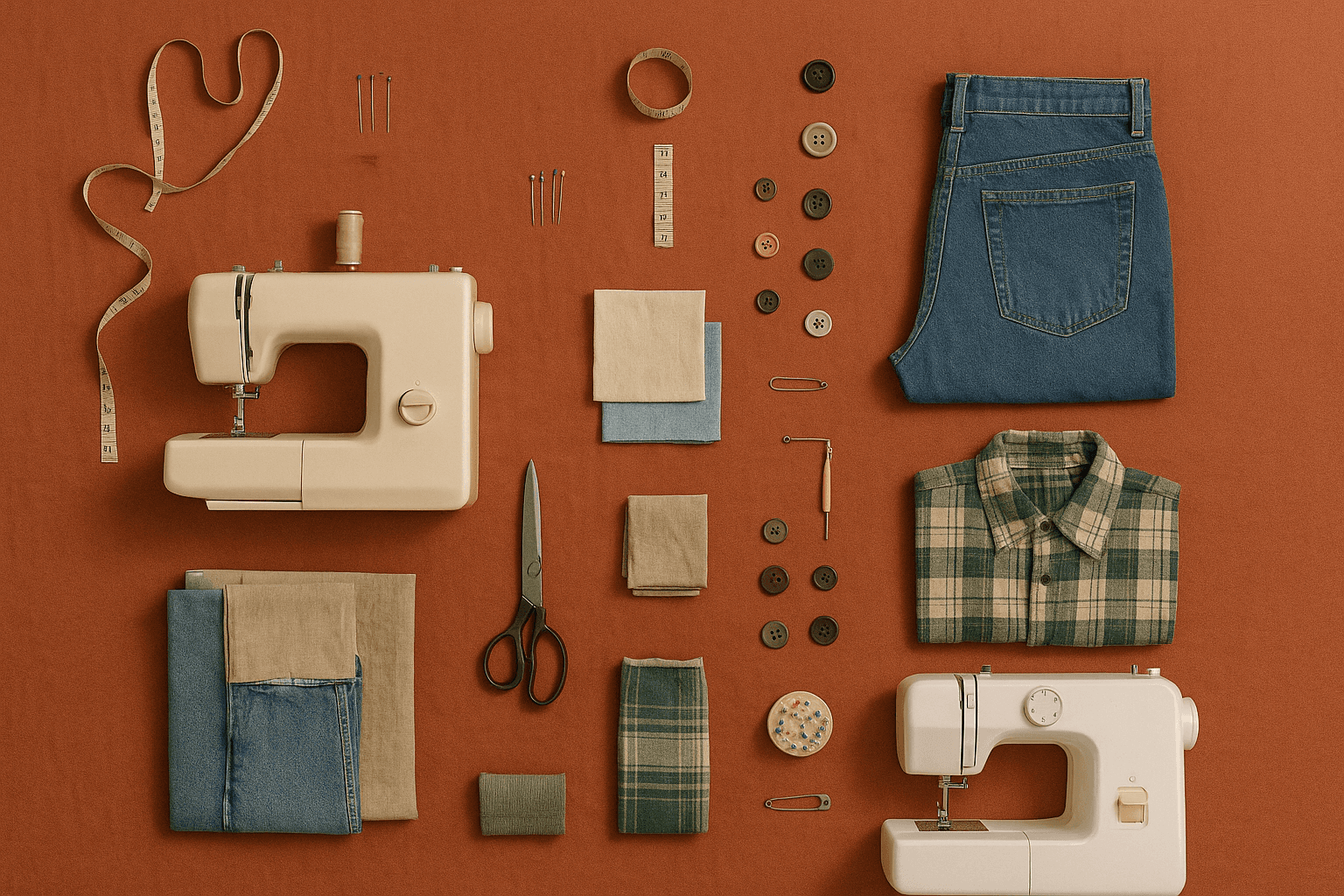The second-hand sneaker market is experiencing a significant advancement in 2025, driven by growing sustainability concerns, cultural shifts, and technological advancements. Let's delve into the trends, challenges, and future prospects that are shaping this dynamic landscape.
Why second-hand sneakers are trending in 2025
Sustainability and Circular fashion
Consumers are increasingly prioritising eco-friendly options, leading to a rise in demand for second-hand sneakers. Global brands like Nike and adidas are offering take-back programs, embracing circular design, and promoting the resale of their products to reduce waste and carbon footprints.
Affordability
Inflation and rising costs have made new sneakers less affordable. Second-hand sneakers offer a more accessible alternative without compromising on style or quality. Platforms like Vinted and Deopo have undergone significant growth, particularly in Europe, where over 87% of consumers participate in the second-hand sneaker market.
Cultural Shifts and Nostalgia
The resurgence of retro styles and nostalgia fashion has fueled interest in vintage sneakers. Models like the adidas Japan and Takewondo have gained popularity, reflecting a broader trend towards minimalist and vintage-inspired designs.
 Image source: adidas
Image source: adidas
Key trends in the second-hand sneaker market
Take-back and Resale programs
More and more brands are implementing take-back initiatives, allowing consumers to return used sneakers for refurbishment and resale. This extends the product lifecycle and fosters brand loyalty and environmental responsibility.
Customisation
Today, consumers are seeking unique, personalised sneakers that reflect their individuality. Customisation, upcycling, and storytelling have become integral to the second-hand market, with artists and designers transforming pre-owned sneakers into one-of-a-kind pieces.
Advancements in technology
Technological advancements are enhancing the second-hand sneaker experience. Blockchain technology ensures authenticity and traceability, addressing concerns about counterfeit products.
 Image source: WEAR
Image source: WEAR
Challenges and Concerns
Quality control
Maintaining consistent quality across second-hand offerings is essential. Variations in wear, tear, sizing, and comfort levels can affect consumer satisfaction and trust in the second-hand market.
Authenticity and Verification
Even with advancements in technology and improvements in authenticity verification, the proliferation of counterfeit remains a significant challenge. Ensuring the authenticity of second-hand products requires a complex verification process which can be resource-intensive for both platforms and consumers.
Market saturation
The influx of second-hand sneakers has led to market saturation, making it difficult for sellers to stand out and for buyers to navigate the vast array of options. Curated collections and personalised recommendations are becoming increasingly important.
The future of second-hand sneakers
Looking ahead the second-hand sneaker market is positioned for continued growth and innovation. Some key developments to watch for include:
Expansion of official brand resale platforms: More brands are likely to launch their own resale platforms, offering certified pre-owned products directly to customers.
Enhanced sustainability initiatives: Companies will further integrate sustainability into their business models, focusing on materials, manufacturing processes, and disposal solutions.
Community-driven marketplaces: The rise of community-focused platforms will foster connections among sneaker enthusiasts, promoting sharing and trading.
 Image source: Nike
Image source: Nike
In conclusion, 2025 marks a turning point for the second-hand sneaker market, characterised by a combination of sustainability awareness, technology improvements, and cultural appreciation. As consumers continue to seek meaningful and responsible fashion choices, the appeal of pre-loved kicks is set to increase.
Thinking about getting yourself a pre-loved pair of sneakers? Then make sure to check out our selection at reflawn!
You might also be interested in:
What Does 'Sustainable Sneakers' Really Mean?
Why are second-hand sneakers gaining popularity in 2025?
Several factors contribute to the rise of second-hand sneakers, some of these including: sustainability awareness, affordability, and cultural trends.
What are the key trends in the second-hand market?
Key trends include:
- Take-back programs
- Customisation
- Technological advancements









